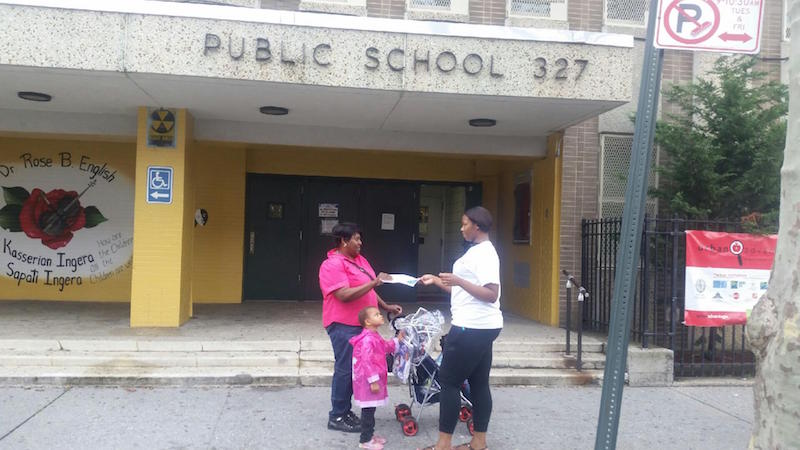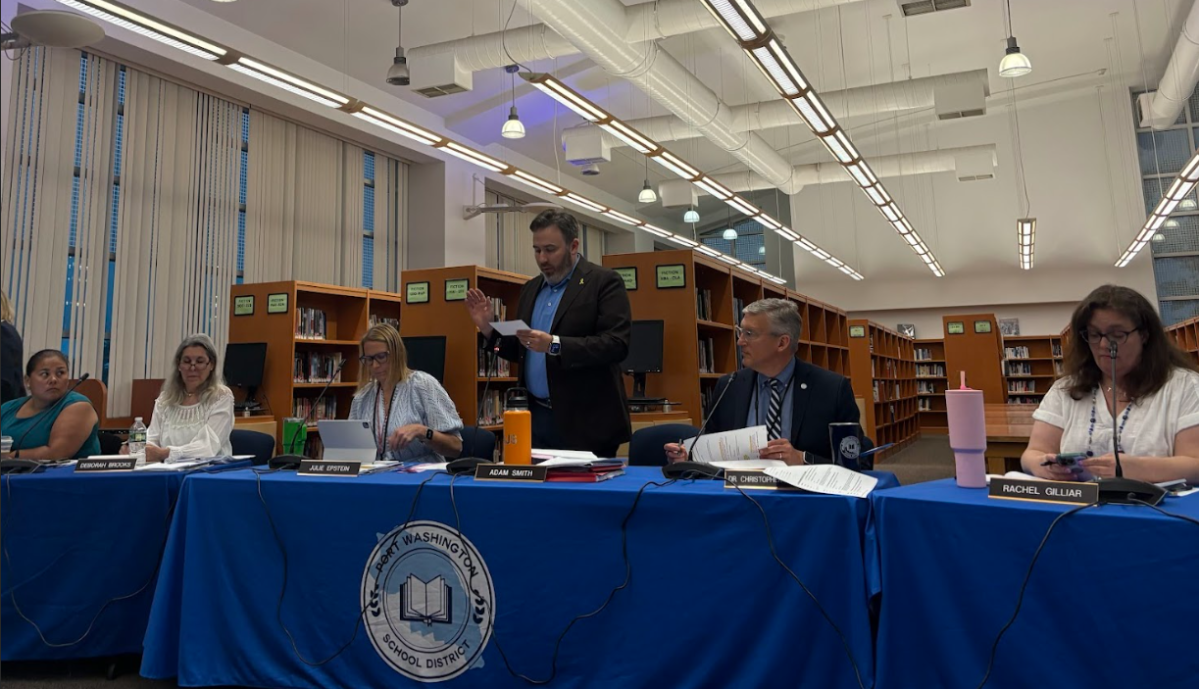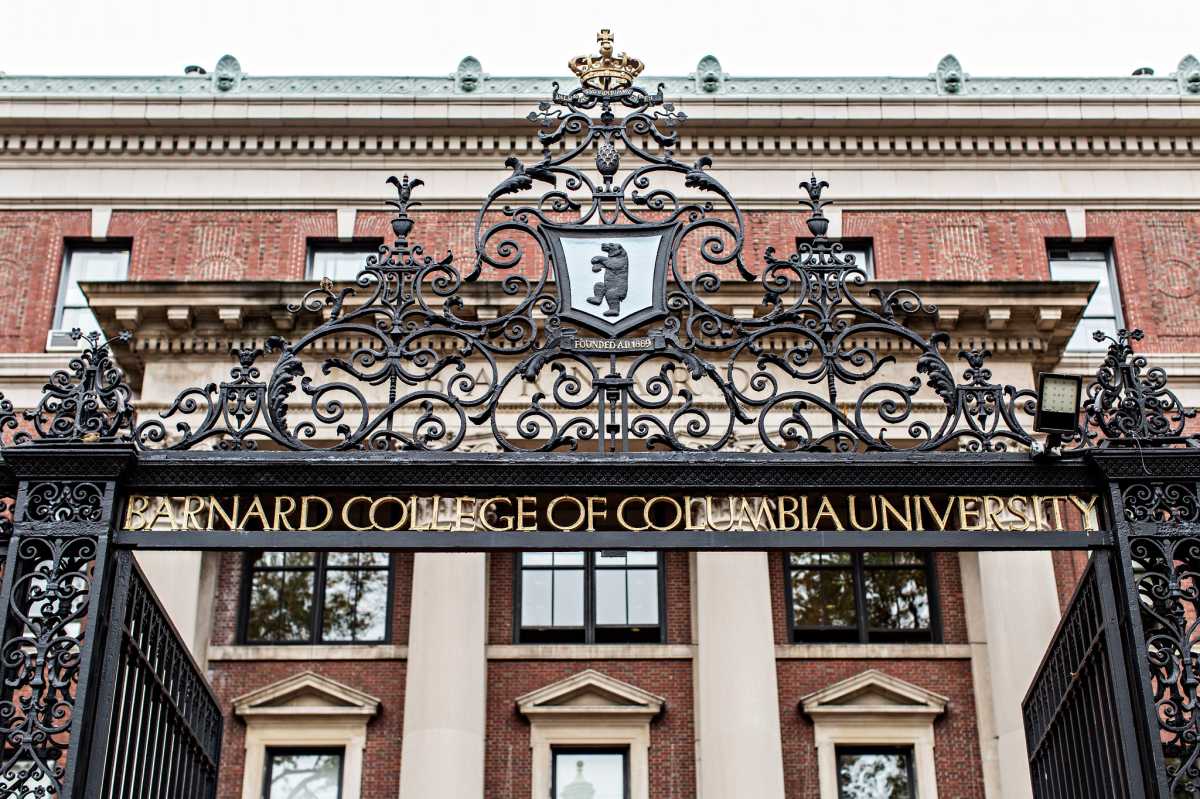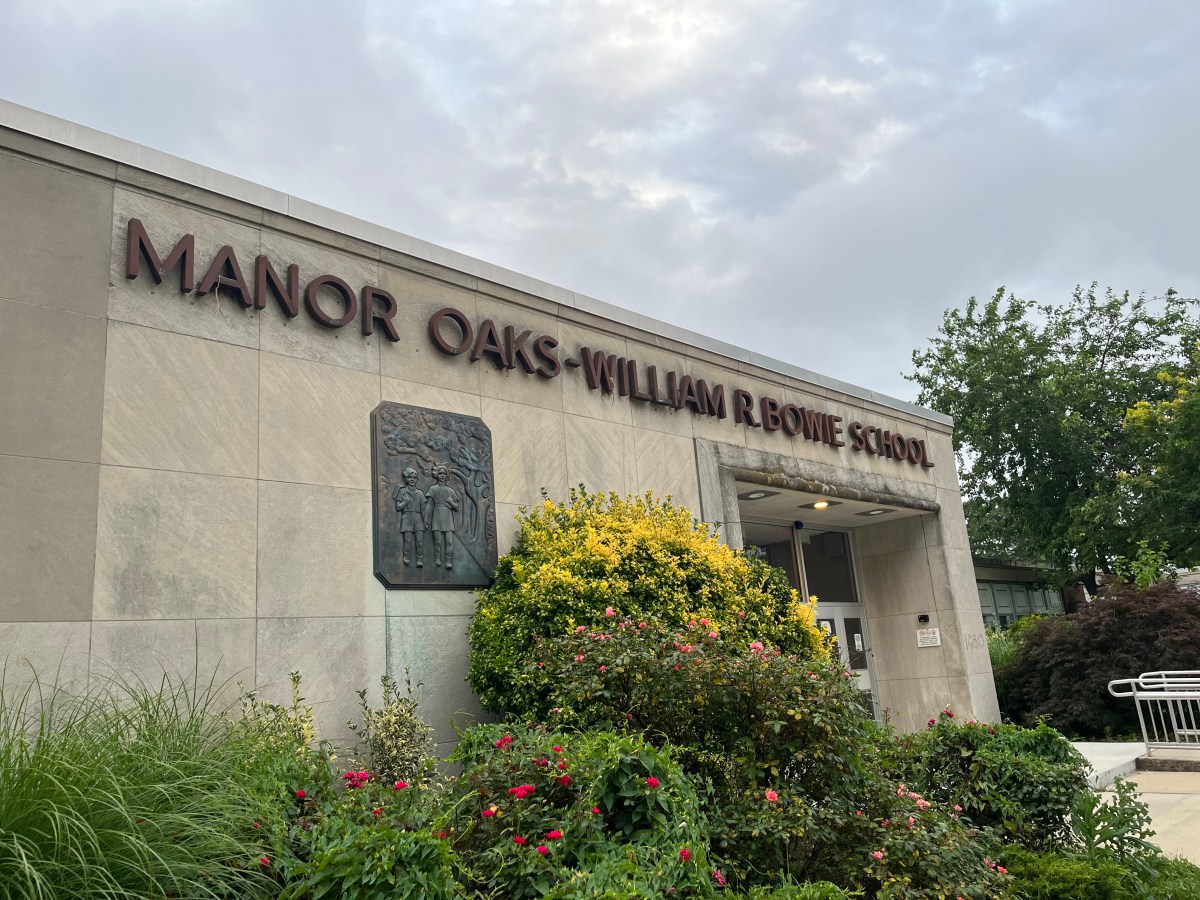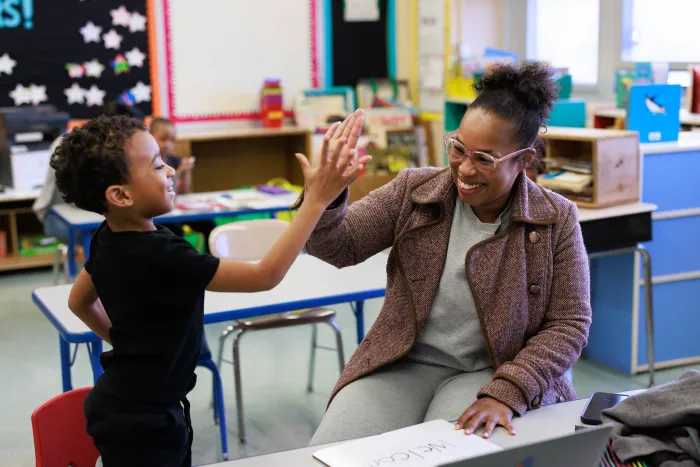Advocates for more choice in public school alternatives ramped up the pressure on two fronts for Mayor de Blasio and the Department of Education to allow for the co-location and/or siting of more charter schools.
The move comes less than a week after de Blasio announced a $186 million 10-year plan, including multiple programs, to bring high school graduation up to 80%.
In the first front community organizers from StudentsFirstNY fanned out across the city to visit the 100 worst performing schools where fewer than 10% of the students passed lats years statewide tests to empower parents in traditional public schools to speak up, take action and advocate for improving school quality and expanding parent choice.
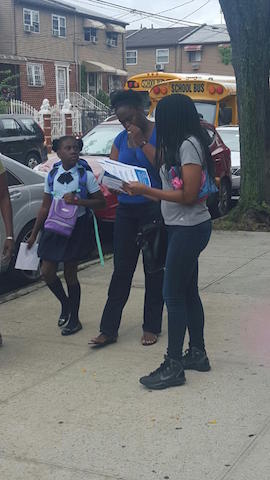
“Parents in these failing district schools deserve to know that Mayor de Blasio’s school agenda is not helping their kids fast enough,” said Tenicka Boyd, Director of Organizing for StudentsFirstNY. “The students in these schools deserve action now and frankly, the mayor’s recently announced programs are just not enough. They do nothing to improve the quality of teachers in the classrooms and nothing to give families access to better school choices.”
The organization also released an interactive map the 100 failing schools citywide, of which 20 are in Brooklyn.
DOE officials responded that they have done their own public outreach to parents at failing schools, including borough wide meetings, family nights and having workers knock on over 35,000 doors.
”Just this summer alone, we knocked on 35,000 doors to reach families directly, restructured our Division of Family and Community Engagement, expanded parent trainings and have provided resources to educators to ensure 40 minutes of meaningful parent engagement in every school across the entire City each week. Starting this week, these hearings will play a part in our larger goal of involving families in their child’s education, and we look forward to hearing directly from parents and students,” said Education Department spokeswoman Devora Kaye.
The second front come in an open letter to Mayor de Blasio from several Charter School heads including Success Academy CEO Eva Moskowitz demanding a meeting with the mayor and criticizing his administration’s continued unfair treatment of public charter schools and in particular its ongoing denial of space for public charter school students.
Others who signed the letter include Dave Levin, co-founder of KIPP; Jacob Mnookin, executive director of the Coney Island Prep Public Charter School; Brett Peiser, CEO of Uncommon Schools; Ian Rowe, CEO of Public Preparatory Network; and Dacia Toll, Co-CEO and President of Achievement First.
The letter cites the tremendous cost of the administration’s approach to students and taxpayers and invokes specific examples of the administration’s counterproductive approach that leaves charter schools without space.
It also alleges that despite a 2014 state law overriding Mayor de Blasio and instituting protections for charters, the mayor has continued to throw up bureaucratic roadblocks for charter schools.
This includes the Panel for Educational Policy failing to approve the proposed co-location of one of these Success Academy elementary schools in the Andries Hudde Middle School, despite the fact that the building is only 57% utilized.
“The administration refused to house charters in the city’s 365 under-utilized public school buildings, choosing instead to spend $10 million in rent for private space. Approximately 160,000 seats could have been accommodated in the city’s under-utilized buildings.
“With New York City’s schools still divided by quality along racial lines, charter schools are a critical solution to ending education inequality in the city. Black and Hispanic students in New York City charter schools performed nearly twice as well on Math (42.8% proficient) than in district schools (22% proficient) and nearly 50% better on English (28.1% proficient in charter schools; 19.5% proficient in district schools),” the letter stated.
Kays responded that the DOE has a clear process in place and have been and continue to comply with the State law to provide space or rental assistance for eligible charter schools.
“We are committed to providing every student with a high quality education regardless of their zip code or the school they attend,” she said in an emailed statement.


